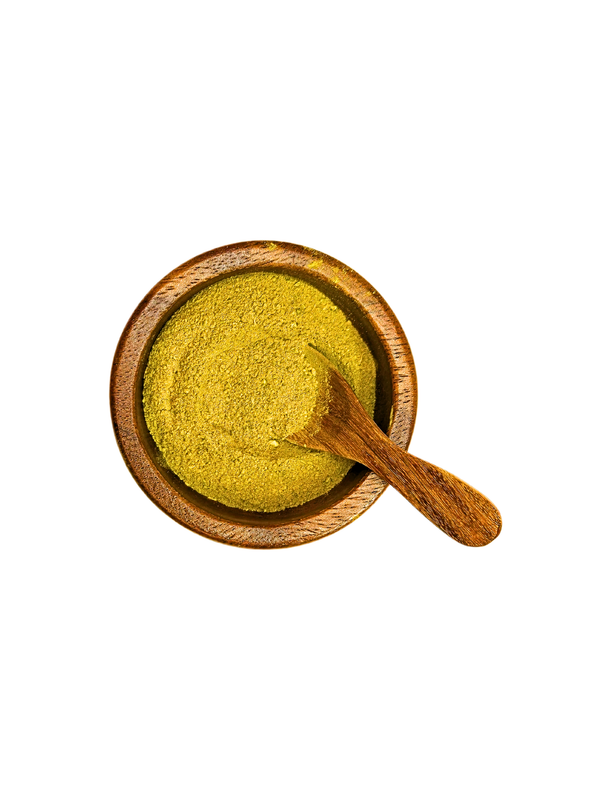Cat Wellness
🐱 HERBS SAFE FOR CATS
(Internal or topical — use very small doses; cats’ livers are sensitive. Avoid essential oils and alcohol-based tinctures.)
Your furry family deserves natural care too. 🌿
Our Herbs for Cats collection features safe, gentle botanicals chosen to support your cat’s digestion, immunity, skin, joints, and emotional well-being — all without synthetic additives or harmful fillers. Each herb is reviewed for feline safety and purity, providing plant-based support you can trust.
Whether you’re addressing hairballs, calming stress, or maintaining healthy detox pathways, these herbs offer holistic options for everyday feline care. From catnip and chamomile to licorice root and dandelion, each product helps your cat feel balanced, comfortable, and naturally vibrant.
Crafted with the same quality standards we use for our human blends, because your pets deserve the best of nature too. 🐾
| Herb | Use for Cats | Notes |
|---|---|---|
| Catnip | Calming, digestive aid, relieves stress and boredom. | Mild sedative; often used for play and relaxation. |
| Chamomile | Soothes anxiety, mild inflammation, or stomach upset. | Use as a tea in water or for eye wash. Avoid strong doses (can cause drowsiness). |
| Slippery Elm Bark | Soothes stomach, throat, or digestive irritation. | One of the safest internal herbs for cats; mix with water into paste. |
| Marshmallow Root | Eases cough, dry throat, or GI inflammation. | Use as tea or decoction in water; very mild. |
| Aloe Vera (external gel) | Soothes skin, itching, and hot spots. | Use pure aloe externally only — not the latex (which is toxic). |
| Calendula Flowers | Skin healing, rashes, wounds. | Use diluted infusion or infused oil externally. |
| Dandelion Root / Leaf | Gentle detox and urinary support. | Small doses of root decoction can aid liver function. |
| Parsley | Aids urinary tract and freshens breath. | Use very small amounts; avoid during pregnancy. |
| Nettle Leaf (tea or powder) | Nutrient-rich and good for allergies. | Use sparingly; mix into wet food. |
| Licorice Root (short-term) | Anti-inflammatory and soothing. | Avoid long-term use due to hormonal effects. |
❌ Avoid for Cats:
Garlic, Onion, Wormwood, Epazote, Goldenseal, Sage (strong), Neem (internal), Tea Tree, and essential oils.
















